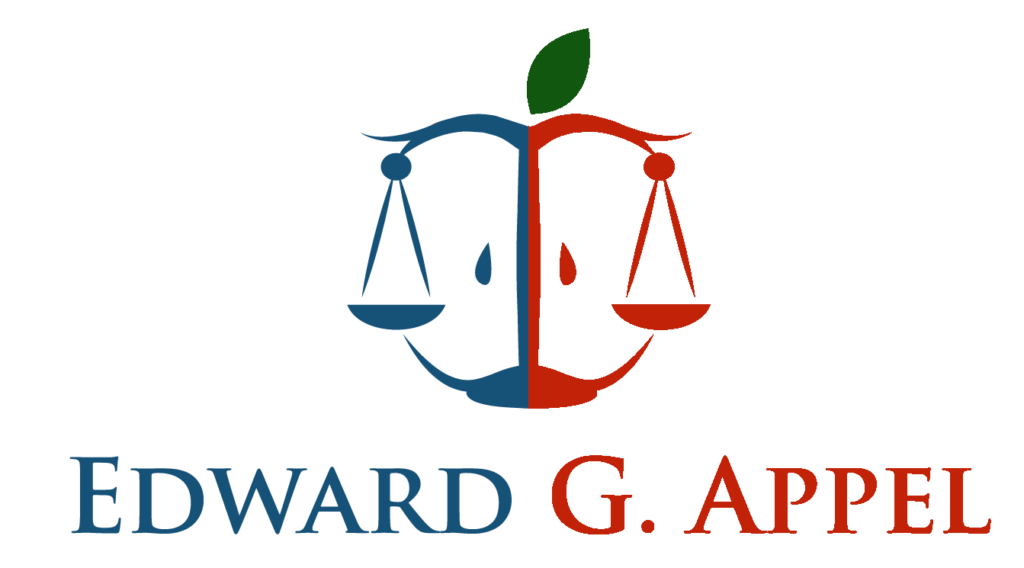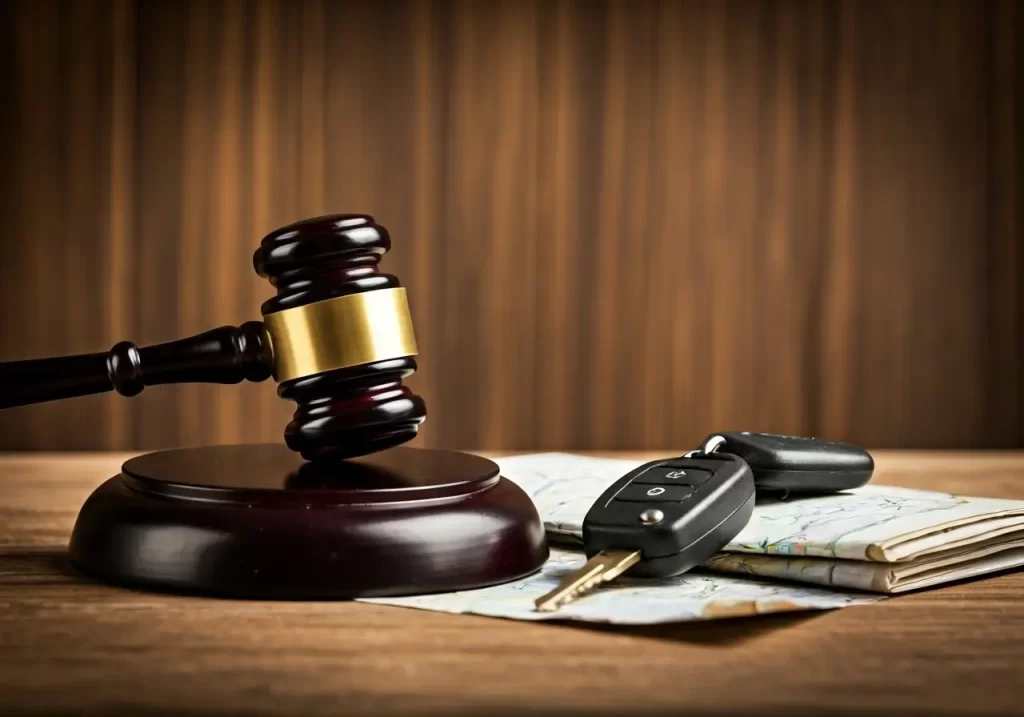Driving while intoxicated (DWI) is a serious offense, and South Jersey residents often have misconceptions about DWI lawyers. In this blog, we will debunk some common myths surrounding these legal professionals to shed light on their vital role.
1. All Lawyers Are the Same
Many people assume that all lawyers provide the same level of service, but DWI lawyers have specialized knowledge and expertise in handling cases specific to driving while intoxicated. Unlike general practitioners, DWI lawyers in South Jersey are well-versed in the nuances of New Jersey’s DWI laws. They understand the technicalities of field sobriety tests and the legal standards for breathalyzer accuracy. This specialized focus is pivotal when scrutinizing the details of your case. Having a lawyer who knows exactly how to challenge evidence and negotiate with prosecutors can make a substantial difference in the outcome of your case. When facing such serious charges, entrusting your defense to someone who does not specialize in DWI law could lead to missed opportunities for dismissal or reduced sentencing.
It’s important to acknowledge the myriad layers of DWI legal proceedings, all of which require acute expertise. A DWI lawyer doesn’t just argue your case in court; they leverage their expertise to unearth every possible defense and mitigation strategy. For instance, if a breathalyzer was improperly calibrated or administered incorrectly, it could invalidate critical evidence against you. Their in-depth understanding equips them to identify procedural errors made during arrest, potentially nullifying the charges.
2. I Can Handle It Alone
Some believe they can represent themselves, but DWI cases involve complex legal procedures that require the expertise of an experienced lawyer to navigate effectively. The legal system is filled with procedural rules and specific deadlines that can easily puzzle someone without legal training.
Moreover, without professional legal guidance, understanding technical jargon and the ramifications of various plea options becomes daunting. Even a seemingly minor oversight can lead to severe consequences, like prolonged license suspension or incarceration. A seasoned DWI lawyer provides the knowledge to avoid such pitfalls, ensuring your rights are upheld.
3. DWI Lawyers Are Too Expensive
While legal representation is an investment, many DWI lawyers offer flexible payment plans and services that are valuable when considering potential consequences of a conviction. The cost of hiring a lawyer often pales in comparison to the long-term financial drawbacks of a DWI conviction. Increased insurance premiums, potential job loss, and other ancillary costs can far exceed the immediate expense of hiring a lawyer.
In fact, many DWI attorneys recognize the financial strain legal fees can place on individuals and offer customized payment structures to ease this burden. Their role is not merely to represent you but to ensure that your financial future is not unduly jeopardized by a single mistake. Allocating resources to defend your case efficiently might prevent excessive costs in the future.
4. Pleading Guilty Is the Only Option
Pleading guilty isn’t always the best or the only choice. DWI lawyers can assess the specifics of your case and explore possible defenses or plea bargains. Many cases are flawed with procedural errors or technicalities that can be exploited in your favor. An experienced lawyer will look into every facet of your arrest to determine if your rights were infringed upon at any point.
There are numerous defense strategies, from questioning the legality of the traffic stop to disputing the accuracy of sobriety tests. Alternative sentencing options like attendance in rehabilitation programs can also be negotiated, providing a more favorable outcome than a straightforward guilty plea. A good lawyer knows these avenues and can advocate effectively on your behalf.
5. They Can Guarantee My Case Will Be Dismissed
No ethical lawyer can promise a guaranteed outcome. They can, however, significantly improve the chances of a favorable result with their expertise. While the complexity of DWI law allows for many possible challenges, each case is subject to its own unique circumstances that affect the outcomes. Lawyers can strategize efficiently to mitigate consequences even if dismissal isn’t feasible.
6. All DWI Cases Are the Same
Each DWI case has its unique elements, and experienced lawyers understand how to tailor their approach based on the specifics of your situation. Factors such as your blood alcohol level, previous record, and the specific details surrounding your arrest all influence the potential outcomes and available defenses.
Even nuances like medical conditions that might influence sobriety tests could be pivotal in the way a case unfolds. Similarly, local laws in South Jersey may also present unique challenges or opportunities for defense. Consequently, skilled DWI lawyers approach each case with a fresh perspective, crafting bespoke legal strategies that consider every variable.
7. DWI Lawyers Prolong the Legal Process
On the contrary, a skilled DWI lawyer aims to resolve cases as efficiently as possible while ensuring the best outcome for their clients. The legal process is often expedited when a knowledgeable attorney steers the proceedings. Their efficiency not only saves time but might also reduce judicial costs in certain cases.
An attorney’s familiarity with the court system, procedures, and personnel can often facilitate a smoother and quicker resolution.
8. Public Defenders Are Just as Effective
While public defenders are dedicated professionals, they often juggle many cases at once, which can limit their availability for a specialized focus on your DWI case. They work tirelessly but may not have the bandwidth to provide the individualized attention that private DWI lawyers offer.
This can make a marked difference, especially in comprehensive defense planning and evidence review. Private DWI attorneys can dive deeper into the details of your case, affording the time and resources necessary to strategize effectively and thoroughly prepare.
9. It’s Not Worth Hiring a Lawyer for a First Offense
Even a first-time DWI can have serious repercussions. An attorney can help mitigate consequences and protect your legal rights. The long-term effects on your driving record and insurance rates are substantial concerns.
A good lawyer could mean the difference between a minor blip on your record and a major setback in your personal and professional life. They ensure that every defense tactic and mitigating factor is presented, potentially resulting in reduced charges or penalties. Missing this crucial support for a first offense can lead to regrettable outcomes.
10. Any Lawyer Can Handle a DWI Case
Though many attorneys may offer DWI services, those with dedicated experience in this field provide more nuanced and informed representation. The intricacies of DWI law, such as handling breathalyzer results and field sobriety test protocols, demand specialized knowledge.
11. If I Fail a Breathalyzer, There’s No Hope
Breathalyzer tests can be contested, and DWI lawyers have strategies to challenge the accuracy and application of these assessments. Factors like improper calibration, user error during the administration of the test, or medical conditions can question the test’s reliability.
A proficient lawyer can dissect the breathalyzer process, demanding disclosure of maintenance logs or operator training records to reinforce a defense. Even with seemingly definitive results, a determined lawyer can uncover avenues for contestation that a layperson might overlook.
12. Legal Representation Is Only Necessary for Court
A DWI lawyer provides valuable guidance from arrest through resolution, ensuring your rights are protected at every step of the legal process. Beyond court appearances, they offer critical advice during police questioning, handle administrative aspects, and can negotiate with prosecutors to better your case outcome.
Having support every step of the way minimizes the pitfalls of self-representation and improves the likelihood of achieving a favorable result. It’s about having a knowledgeable partner advocating for your rights while you deal with the emotional and practical implications, making sure that every decision aligns with your best interests.


